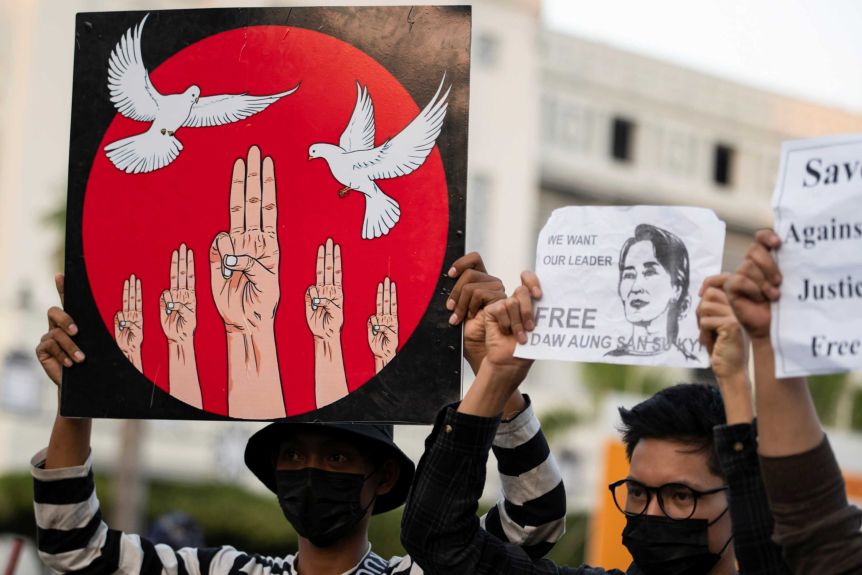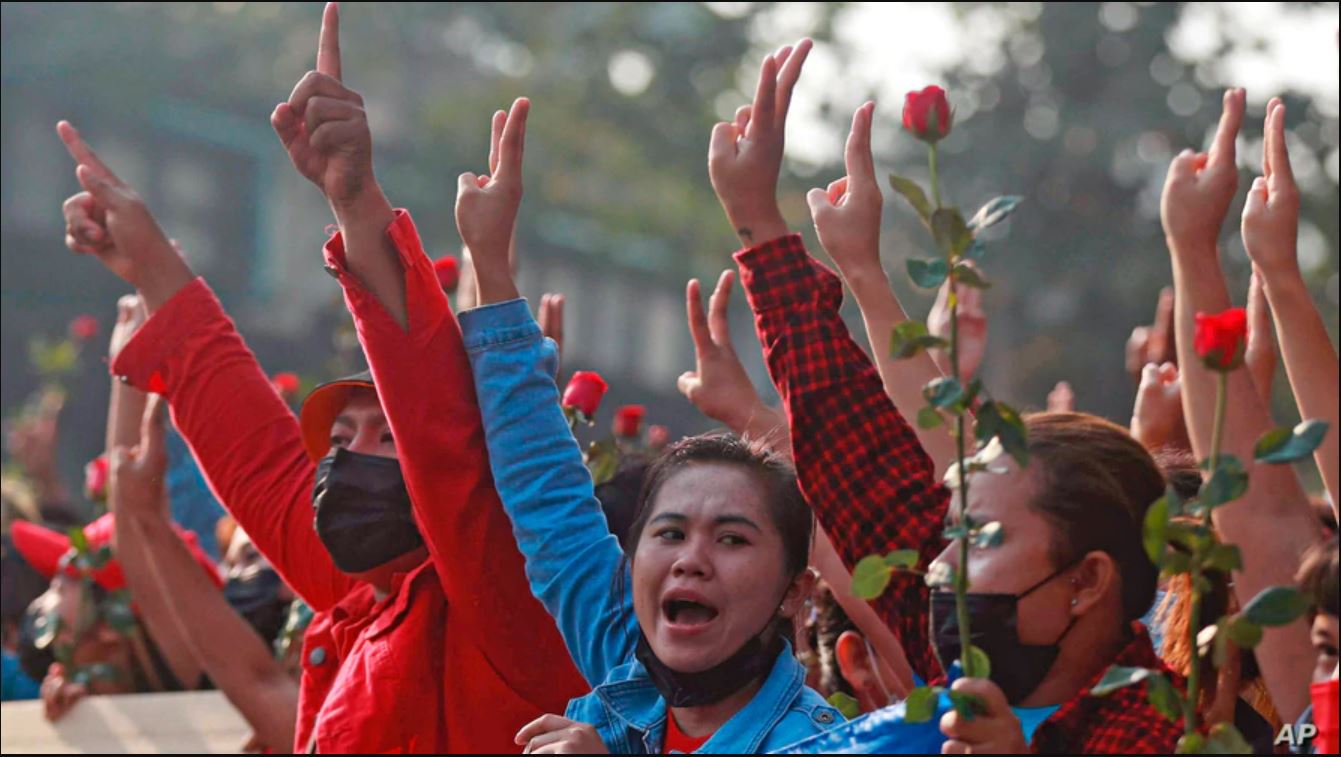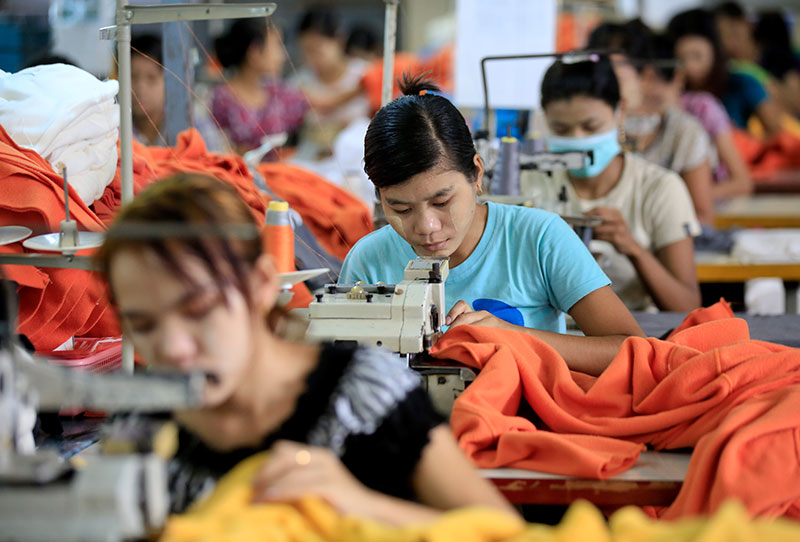Myanmar’s military coup could have damaging effects on the garment industry, but the workers aren’t going down without a fight.

The recent military coup in Myanmar has seized control of the country, taking the citizen’s freedom and newfound democracy with it. However, people are fighting back with a string of non-violent protests. Many of the garment workers are leading the way as they fight for their rights within their own garment production district.
Military Takeover
After winning the recent election by a landslide, the appointed leader of Myanmar, Aung San Suu Kyi has been accused of widespread fraud. Despite a lack of evidence to support the claim, Ms Suu Kyi and members of her party were detained. Commander-in-chief, Min Aung Hlaing and the military seized the opportunity to take control of Myanmar.
Ms Suu Kyi has spent almost 15 years in detention for organising rallies that called for democratic reforms and free elections. Her dedication to democracy finally paid off in 2015 after leading the National League for Democracy for victory. Myanmar’s dark history of being ruled by armed forces seemed to be coming to an end.

However, Min Aung Hlaing has held a strong political influence even as the country transitioned to democracy. Since seizing control in early February, he has received international criticism for his alleged role in the military’s attack on ethnic minorities.
To combat the rising protests, the military coup has imposed restrictions, including curfews and gathering limits. Meanwhile banning social media outlets like Facebook, Twitter and Instagram in an attempt to silence its citizens.
Suffering Garment Workers
The country heavily relies on the exportation of commodities and unskilled labour. With a particular dependence on the garment industry as the biggest export earner and employer of women.

Despite the low wage, researchers have found that working has become a source of empowerment for the female employees. In turn, these women have been given the opportunity to support their families, work toward their future, expand their career options and get an education.
Researchers from RMIT University believe that the military coup could have a catastrophic impact on the garment industry. Ending the empowerment brought upon be economic and social independence.
Associate Professor, Shelley Marshal, from RMIT University states that
“brands are likely to halt orders because of political risks relating to the military coup. We predict that broad sanctions, on top of that, would be catastrophic for women in the context of the pandemic.”
This belief transpired from the broad sanctions imposed on the garment industry in 2003. These drove many women to either dangerous work or sex work. A more recent struggle for female garment workers was brought on by the COVID-19 pandemic. Factories were closed due to the sudden decrease in demand, resulting in unliveable salaries.
Despite many females having no rights as workers, they have not willingly given up their newfound sense of empowerment. As they continue to lead the many protests occurring across the garment district.
The freedom and liberties that the citizens of Myanmar has been stolen overnight. Although it positively reflections upon many countries around the globe to condemn the military takeover. Nation leaders need to consider how exports from Myanmar support its citizens.
Subscribe to FIB’s Weekly Alchemy Report for your weekly dose of music, fashion and pop culture news!







